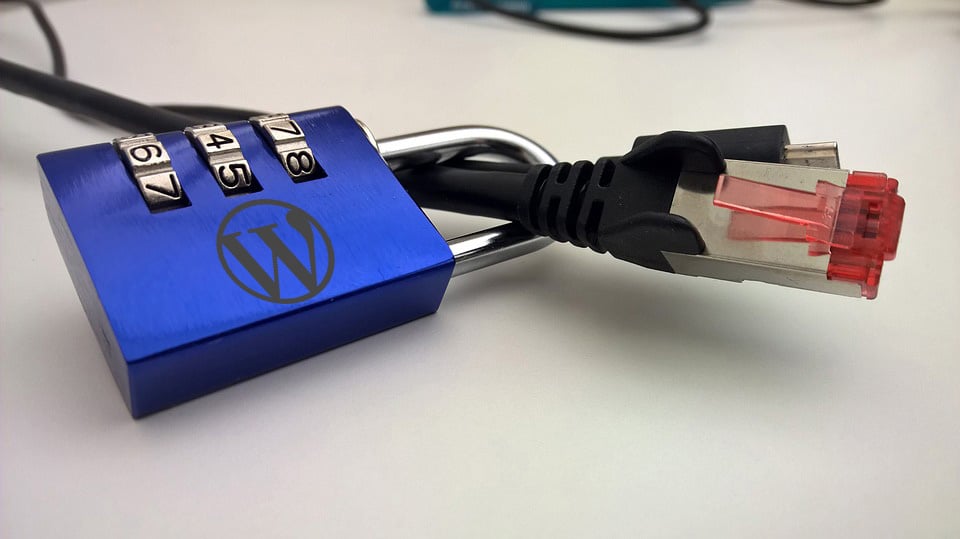Moving to HTTPS Website on WordPress

Even though the internet has made it possible for us to interact with a myriad of strangers on a daily basis, it has also potentially exposed us to their malicious behavior.
To make things even worse, people we interact with don’t necessarily have to be the ones responsible, seeing how the data transfer itself sometimes tends to be quite unreliable.
What is more, when it comes to gathering highly sensitive personal data such as social security number, credit card number or general personal details, websites that do so are required to implement an impeccable security measures.
Unfortunately, that is not always the case and that is why people feel reluctant when they are asked to leave any of those sensitive information to just anyone, especially to websites branded as unsecure by browsers because they lack SSL.
Taking all this into consideration, if you are a webmaster and you don’t have an SSL, it might be the right time to consider installing one.
-
The Difference between HTTP and HTTPS?
HyperText Transfer Protocol (HTTP) is an application protocol, which lies at the foundation of all data communication on the internet. Its main purpose is transferring files such as text, graphic images, videos, sound and numerous other multimedia files you need to share in your day-to-day online activities.
On the other hand, HTTPS stands for HyperText Transfer Protocol Secure and it does all of the above-mentioned, while, at the same time, using a special code to transfer this data. In this way, the files in transit are illegible to anyone but the two parties that are actively exchanging them.
-
When is HTTPS Necessary
Even though HTTPS is getting more common every day, there are some situations in which it is more than necessary for you to use it. In the situation in which you are sharing a sensitive piece of information, like passwords, social security number or payment information, HTTPS is a must.
On the other hand, there are also scenarios in which going with HTTPS is not so good of an idea. For instance, old clients and legacy browsers may have some trouble dealing with it. Aside from this, it is quite resource-heavy, which is a significant downside. Still, all things considered, going with HTTPS is more than worth the overhead.
-
A Boost to Your SEO
Another thing you need to keep in mind is that going with HTTPS might give your SEO a small, yet noticeable, boost. You see, even Google has expressed concerns regarding the correlation between their algorithm and cyber security. Namely, the higher a website climbs on their rank list, the bigger the target it becomes.
For this reason alone, they plan to start including website security as one of the metrics for determining one’s SEO rank. Going with HTTPS also helps your SEO indirectly, seeing how some people might abandon your website as soon as they notice you’re not using HTTPS when asking for their private information. In this way, by using it, you are significantly reducing your bounce rate.
-
How Do You Do It?
Before you even start, you need to get an SSL Certificate. This certificate ensures that the data between servers is secure and in this way enhances or even builds the trust between you and your customers. The price of the certificate is usually somewhere between $50 and $200 but there are some hosts that offer it for free.
Seeing how it ensures the safety of their transaction, it also massively improves your conversion rate, which is why, even with the above-mentioned figure, paying for it yields you a great ROI.
After this, what you need to do is go to the root of your WordPress install and use the following line: “define(‘FORCE_SSL_ADMIN’, true);”. After this is done, all you need to do is go to your website and see if things are working properly. If not, all you need to do is delete that line and things will go back to their previous state. It can hardly get any simpler.
In Conclusion
As you can see, going with HTTPS is usually a good idea, seeing how the benefits of doing so are many. Even though there is a small boost to your SEO, the most important part is the added layer of security that is applied to your website as implied by Picnet IT support Sydney. Be as it may, it might come a time when including HTTPS to your WordPress website is no longer optional, so it might be better to just get on with this in time and potentially gain a competitive edge.


